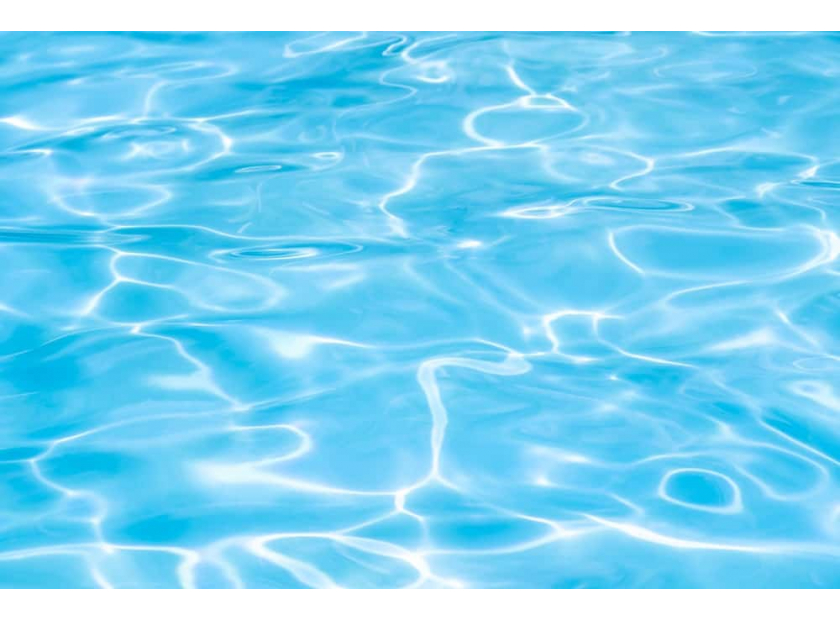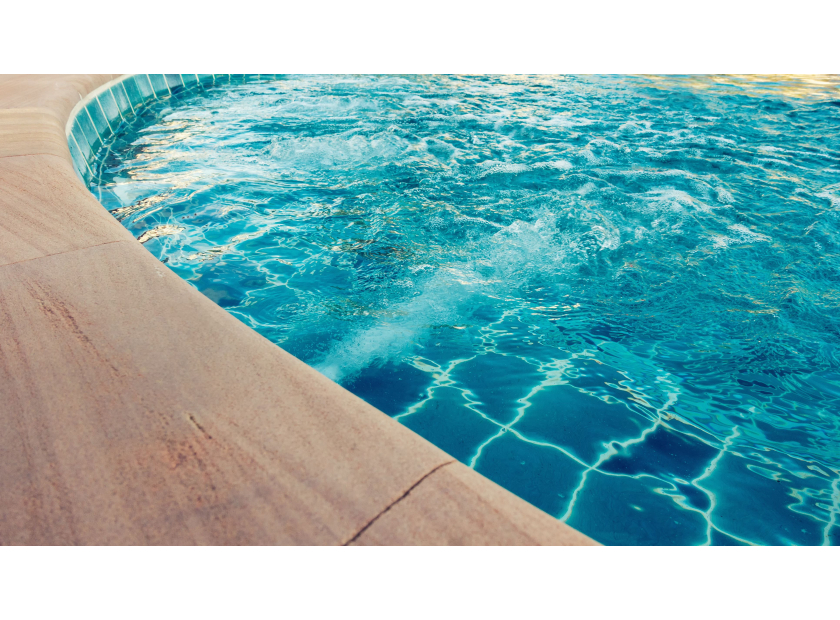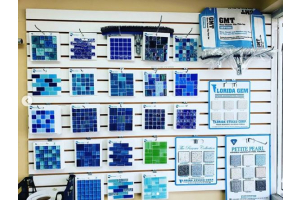All Miami pools need a pool filter. Dust, dirt, leaves, pollen, bugs, and other debris get into your pool water. They may fall in, be blown in by the wind, or get accidentally carried in by swimmers. A pool filter is in charge of getting that nasty stuff out. It helps leave the swimming pool water sparkling and clear, perfect to swim around in.
That being said, buying a pool filter isn't a "get it and forget it" type of thing. There are occasions when a pool filter needs to be maintained or have parts replaced. When you're shopping for pool filter parts, it is essential to know exactly which make and model you're looking at. Otherwise, you may waste time and money on parts that don't work for your specific filter.
How to Identify a Pool Filter
It may sound impossible to find exactly the right parts and accessories for the filter in mind, but it is not. In fact, we have three simple ways you can identify which pool filter you are working with. They are:
#1 Check the Filter’s Information Tag
Every pool filter comes with a spec and model information sticker on its tank. You'll want to find this sticker because it lists the make and model of the filter. The model number of your specific unit should be marked, as well as a serial number. With this information handy, we can help you find the exact right parts f







